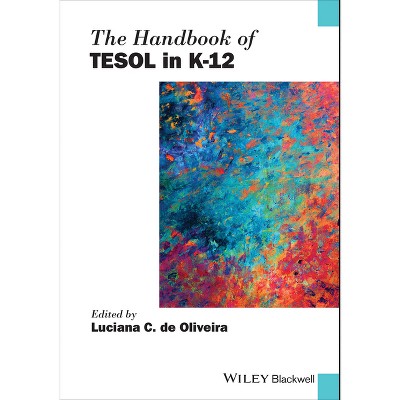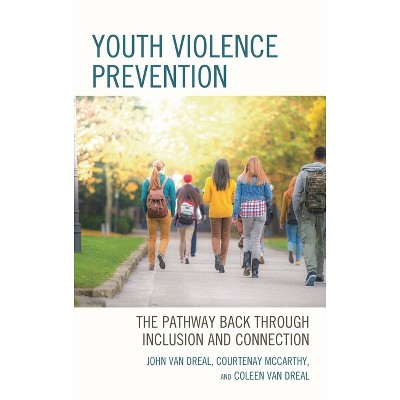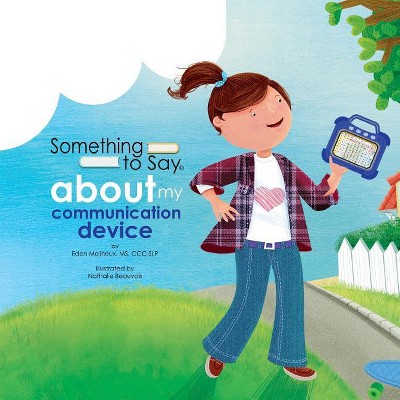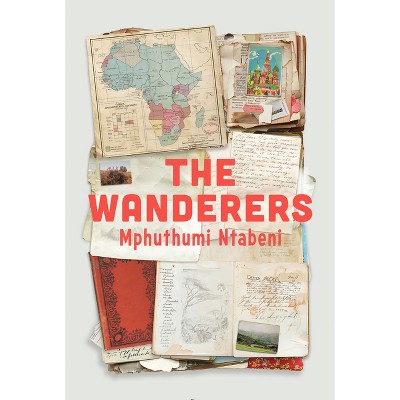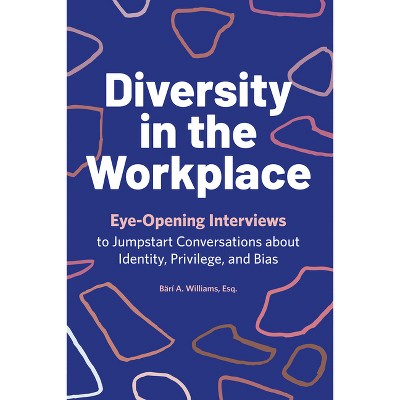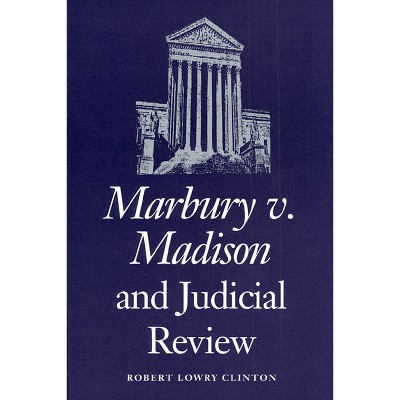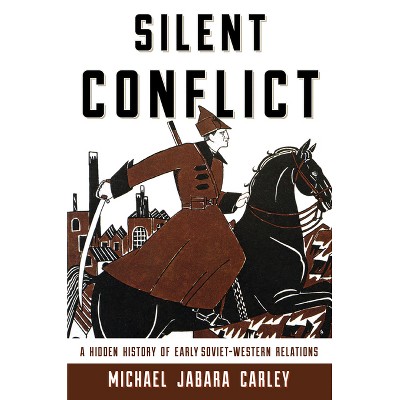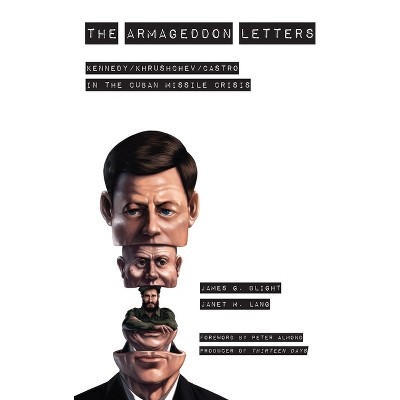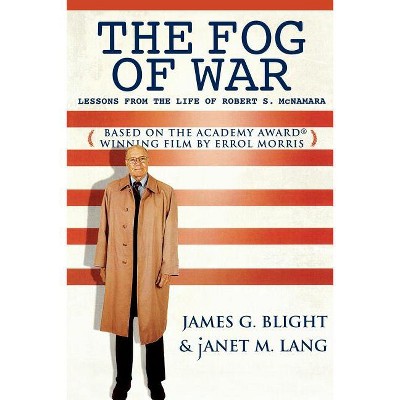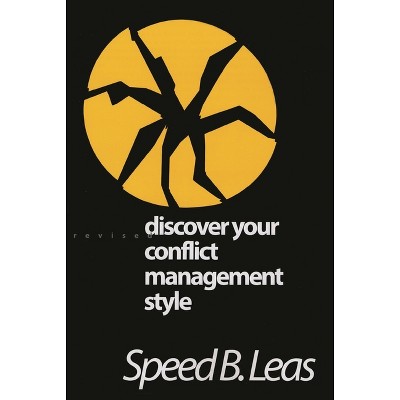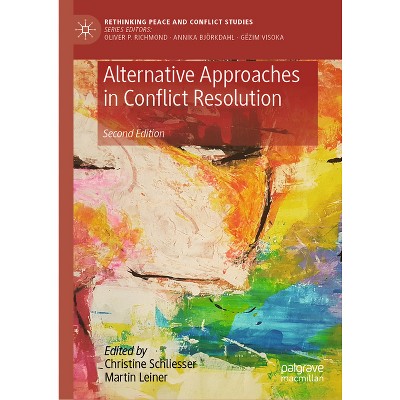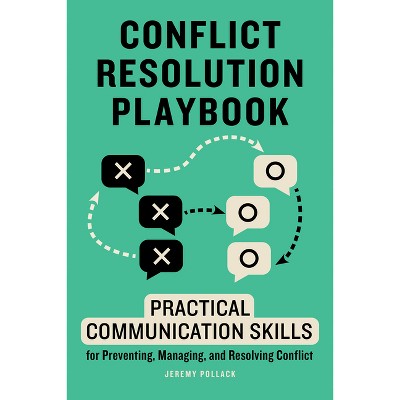Sponsored

Guide to Reflective Practice in Conflict Resolution - (Acr Practitioner's Guide) 2nd Edition by Michael Lang (Paperback)
In Stock
Sponsored
About this item
Highlights
- This book will help mediators incorporate the values and habits of reflective practice into their professional work in order to become resilient, resourceful, and competent practitioners.
- About the Author: Michael Lang is a mediator with more than forty years of experience in the areas of family, workplace, organizational, congregational, and public policy disputes.
- 276 Pages
- Language + Art + Disciplines, Communication Studies
- Series Name: Acr Practitioner's Guide
Description
About the Book
This book will help mediators incorporate the values and habits of reflective practice into their professional work in order to become resilient, resourceful, and competent practitioners. The second edition includes much more step-by-step instructions, user-friendly tools, wor...Book Synopsis
This book will help mediators incorporate the values and habits of reflective practice into their professional work in order to become resilient, resourceful, and competent practitioners. The second edition includes much more step-by-step instructions, user-friendly tools, worksheets, and practical guides for reflective practice.
Review Quotes
"Michael Lang continues to provide evidence for his argument that reflective practice is the key to developing excellence as a conflict resolution professional. This second edition, an important addition, provides collective wisdom about the experience and value of reflective practice. There are also many useful appendices to support those engaging in reflective practice themselves and those facilitating reflective practice groups. This book is truly essential reading for everyone in the conflict resolution field."
In a grounded and accessible writing style, replete with anecdotes from many mediators, this book makes a compelling case for the indispensability of reflective practice in the work of a conflict specialist. The new edition significantly expands the practical guides and resources, especially for reflective practice groups in the making. It is well worth a place on any practitioner's shelf.
Michael Lang's continuing commitment to professionalizing the work of conflict management practitioners is evidenced by all he generously shares in this new edition on reflective practice. He includes interesting and unique perspectives of several practitioners in this edition, and their words and experiences add even more value to the increased number of resources included in this edition. This is a must-have for mediators, and other conflict specialists, including those studying and training to be practitioners.
The book includes chapters on theory, research, reflective debrief, reflective practice intraining and education, and reflective practice groups as well as 13 very practical appendices. It is full of anecdotes, illustrations of reflective practice conversations, and exercises for readers. It includes a particularly valuable chapter on reflective practice groups. These are important because many people don't have the discipline for self-reflection but may blossom in reflective practice groups. It also includes a chapter on reflective practice in training and education to help practitioners develop good reflective habits from the outset of their careers. The book can be helpful for faculty. Courses often include debriefing of simulated and actual practice experiences. Faculty may learn improved techniques for debriefing and encourage students to regularly use reflective techniques when they are in practice.
This new edition adds valuable new material. In addition to more practical appendices, it includes a new chapter on reflective practice groups which are important because many people don't have the discipline for self-reflection but blossom in reflective practice groups. It also includes a new chapter on reflective practice in training and education to help practitioners develop good reflective habits from the outset of their careers.
With clear headings and stimulating questions and examples, Michael Lang provides a resource for the growth of every mediator, novice, and senior. This book provides the reader with the knowledge of how to learn while in practice, how to become more intentional and increase self-awareness.
About the Author
Michael Lang is a mediator with more than forty years of experience in the areas of family, workplace, organizational, congregational, and public policy disputes. He is the founding director of the Master of Arts Program in Conflict Resolution at Antioch University.Shipping details
Return details
Trending Non-Fiction





